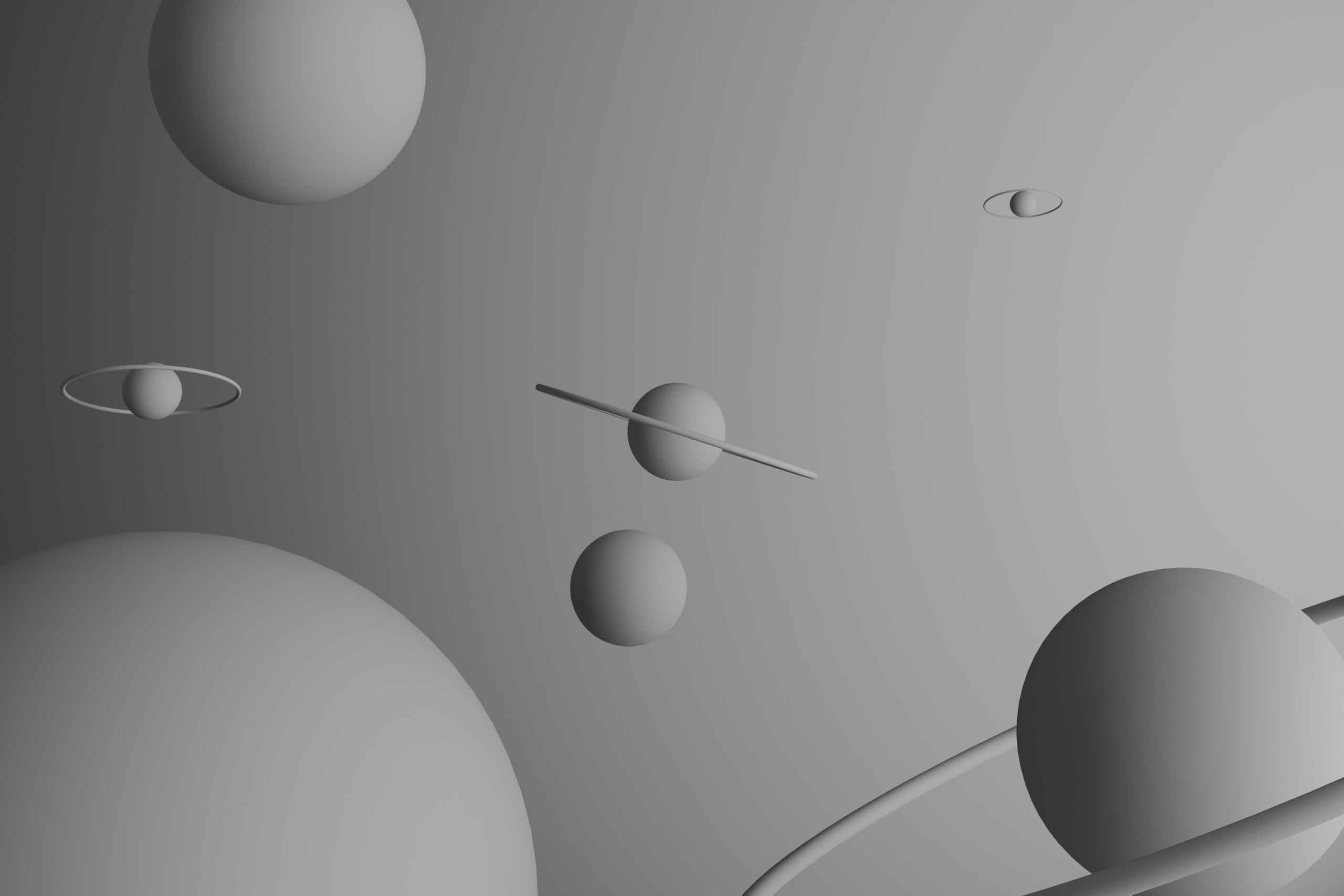Political History Practice Sheet
1. What are the main differences between a monarchy and a republic?
Monarchies are systems of government where power is held by a single individual, usually a king or queen, who inherits the throne and rules until death. Republics are systems of government where power is held by the people, usually through elected representatives. In a monarchy, the monarch has the power to make laws and decisions, while in a republic, the people have the power to make laws and decisions.
2. Describe the concept of “checks and balances” and how it is used in the US government.
Checks and balances is a system of government where power is divided among different branches of government, each with the ability to check the power of the other branches. In the United States, the three branches of government are the executive, legislative, and judicial branches. The executive branch is responsible for enforcing laws and making decisions, the legislative branch is responsible for making laws, and the judicial branch is responsible for interpreting laws. Each branch has the ability to check the power of the other branches, ensuring that no one branch has too much power.
3. What is the difference between a dictatorship and a democracy?
A dictatorship is a system of government where power is held by a single individual or group, usually with absolute authority. A democracy is a system of government where power is held by the people, usually through elected representatives. In a dictatorship, the dictator has the power to make laws and decisions, while in a democracy, the people have the power to make laws and decisions.
4. Describe the concept of “separation of powers” and how it is used in the US government.
Separation of powers is a system of government where power is divided among different branches of government, each with its own distinct powers and responsibilities. In the United States, the three branches of government are the executive, legislative, and judicial branches. The executive branch is responsible for enforcing laws and making decisions, the legislative branch is responsible for making laws, and the judicial branch is responsible for interpreting laws. This separation of powers ensures that no one branch has too much power.
5. Describe the concept of “federalism” and how it is used in the US government.
Federalism is a system of government where power is divided between a central government and state governments. In the United States, the federal government is responsible for making laws and decisions that apply to the entire country, while the state governments are responsible for making laws and decisions that apply to their respective states. This division of power ensures that no one level of government has too much power.
